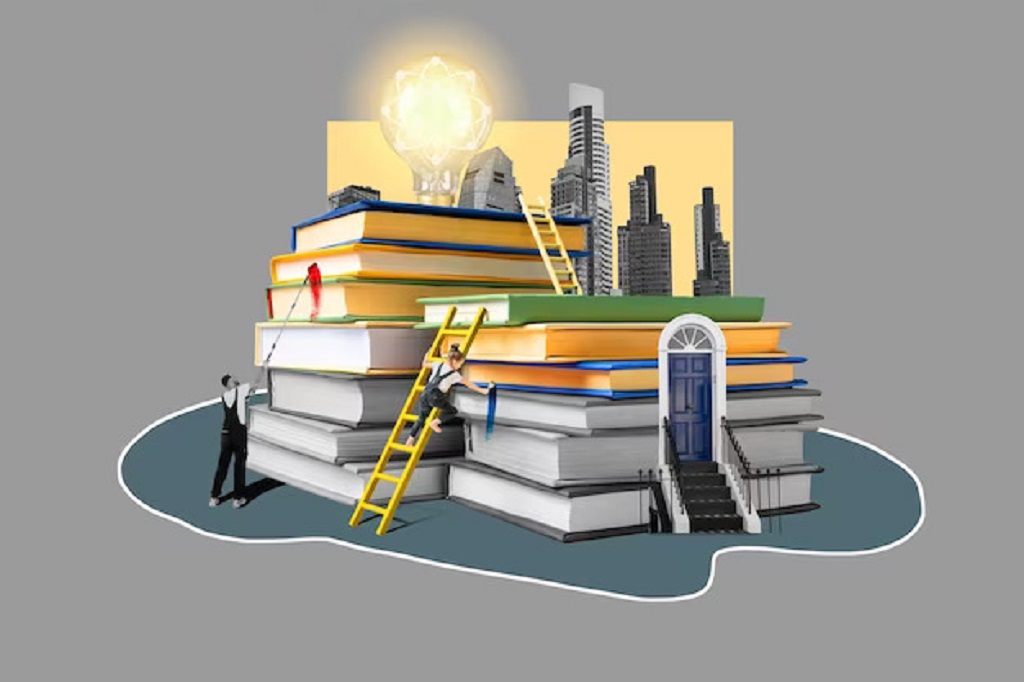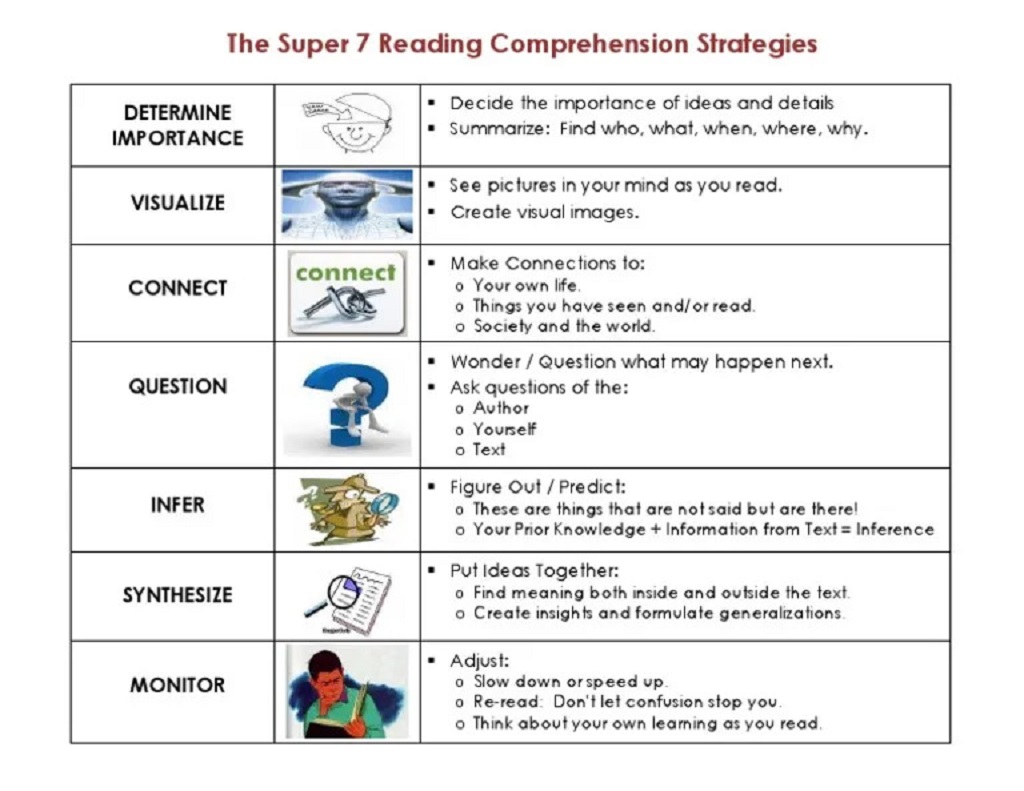Reading is an essential skill that forms the foundation of learning and knowledge acquisition. From academic success to personal development, being a proficient reader can open doors to a world of opportunities. However, reading is not just about deciphering words on a page; it involves a set of interconnected skills that empower individuals to comprehend, analyze, and interpret information effectively. In this article, we will delve into the seven crucial reading skills that can transform anyone into a masterful reader. This content is brought to you by Dldxedu.com.
Phonemic Awareness
Phonemic awareness is the ability to recognize and manipulate individual sounds in spoken words. Before children learn to read, they must understand that words are made up of distinct sounds known as phonemes. This skill enables them to blend sounds together to form words and break down words into their constituent sounds.
Phonics
Phonics is a crucial aspect of reading skills definition as it establishes the connection between sounds and their corresponding letters. It enables readers to decode unfamiliar words accurately and independently by recognizing the letter symbols and their corresponding sounds. Phonics instruction provides learners with the tools to strengthen their reading skills and ultimately become proficient readers.
Vocabulary
A robust vocabulary is a key determinant of reading comprehension. It refers to the words a reader knows and understands. The larger the vocabulary, the better equipped a reader is to grasp the meaning and nuances of a text. Building vocabulary involves exposure to new words, their meanings, and their usage in context.
Fluency
Fluency is the ability to read quickly, accurately, and with appropriate expression. Fluent readers can effortlessly recognize words, which allows them to focus on understanding the text’s meaning. Achieving fluency involves regular practice and exposure to various texts.
Comprehension
Comprehension is the ultimate goal of reading. It involves understanding and making meaning of the text. Proficient readers can connect ideas, infer information, and draw conclusions. To enhance comprehension, readers should ask questions, make predictions, and engage critically with the material.
Critical Thinking
Reading is not a passive activity; it requires active engagement and critical thinking. Analyzing the content, evaluating arguments, and identifying biases are essential components of critical reading. By applying critical thinking skills, readers can discern the credibility and validity of the information presented.
Reading for Pleasure
While academic reading is crucial, reading for pleasure is equally valuable. Engaging in leisure reading fosters a love for books and literature, expanding one’s horizons beyond the realm of textbooks. Reading for pleasure enhances vocabulary, stimulates creativity, and reduces stress.
The Power of Context
Context plays a pivotal role in reading comprehension. Readers often use surrounding words and sentences to infer the meaning of unfamiliar words or phrases. Understanding context aids in deciphering the author’s intended message.
Visualization
Skilled readers create mental images while reading. Visualization helps readers immerse themselves in the story and better comprehend the narrative. It adds depth and richness to the reading experience.
Making Connections
Making connections between the text and one’s own experiences, other texts, or the world at large enhances comprehension. Readers can relate to characters, draw parallels, and apply knowledge gained from the text to real-life situations.
Summarizing
Summarizing involves condensing the main ideas of a passage into a concise form. It demonstrates understanding and aids in retention. Readers who can effectively summarize grasp the central concepts of the material.
Reading Across Different Genres
Engaging with a diverse array of literary genres, including fiction, non-fiction, poetry, and more, has the remarkable ability to expand the horizons of a reader’s mind. Each genre presents its own distinct writing style and content, enriching the reading journey with a multifaceted tapestry of perspectives and insights. For instance, while fiction whisks readers away to imaginative realms and exposes them to intricate character developments, non-fiction offers a gateway to real-world knowledge and thought-provoking analyses. In this light, entrepreneurs seeking personal growth and professional inspiration can greatly benefit from this literary diversity. Exploring the best books for entrepreneurs across these genres could provide a unique blend of creativity, practical advice, and strategic thinking, ultimately fostering a more holistic and well-rounded reading experience.
Active Note-taking
Taking notes while reading helps reinforce memory and aids in reviewing key points later. It also encourages engagement with the material and facilitates better understanding.
Embracing Diverse Perspectives
Reading materials from diverse authors and cultures fosters empathy and broadens horizons. It allows readers to understand different viewpoints and promotes inclusivity.
Conclusion
Becoming an adept reader requires honing a variety of skills. Phonemic awareness and phonics lay the foundation, while vocabulary, fluency, and comprehension contribute to effective reading. Critical thinking enables readers to analyze and interpret information critically. Furthermore, reading for pleasure nurtures a lifelong love for reading. By harnessing these seven essential reading skills, individuals can unlock the door to a world of knowledge and endless possibilities.
FAQs
Q: What is the importance of phonics in reading?
A: Phonics helps readers decode words and read with accuracy, building a strong reading foundation.
Q: How can I improve my reading fluency?
A: Regular practice and exposure to various texts can enhance reading fluency.
Q: Why is critical thinking essential in reading?
A: Critical thinking allows readers to assess information critically and evaluate its credibility.
Q: What are the benefits of reading for pleasure?
A: Reading for pleasure enhances vocabulary, stimulates creativity, and reduces stress.
Q: How can I broaden my reading horizons?
A: Reading across different genres and embracing diverse perspectives can help broaden horizons.







